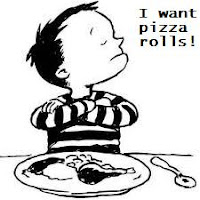Is Aspergers really a "disorder" -- or just a different cognitive style?

Some researchers have argued that Aspergers can be viewed as a different cognitive style , not a disorder or a disability , and that it should be removed from the standard Diagnostic and Statistical Manual (much as homosexuality was removed). Why? The debate seems to revolve around the concept of "central coherence." “Central coherence” (CC) is receiving increased attention across a variety of clinical neuroscience disorders. Essentially, CC describes a style of thinking on a continuum. On one end of the continuum, you have people who tend to think globally or use a gestalt perspective (i.e., the big picture is seen rather than paying attention to details). The other end of continuum includes people who are detail-oriented (i.e., they focus on details). Being on either extreme of the continuum can produce problems. Very high CC can lead to problems with missing important details that need attention or action. Those with very low or weak CC can be detail-bound, l...

